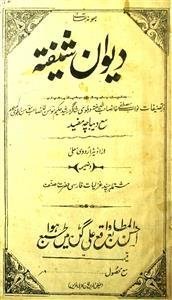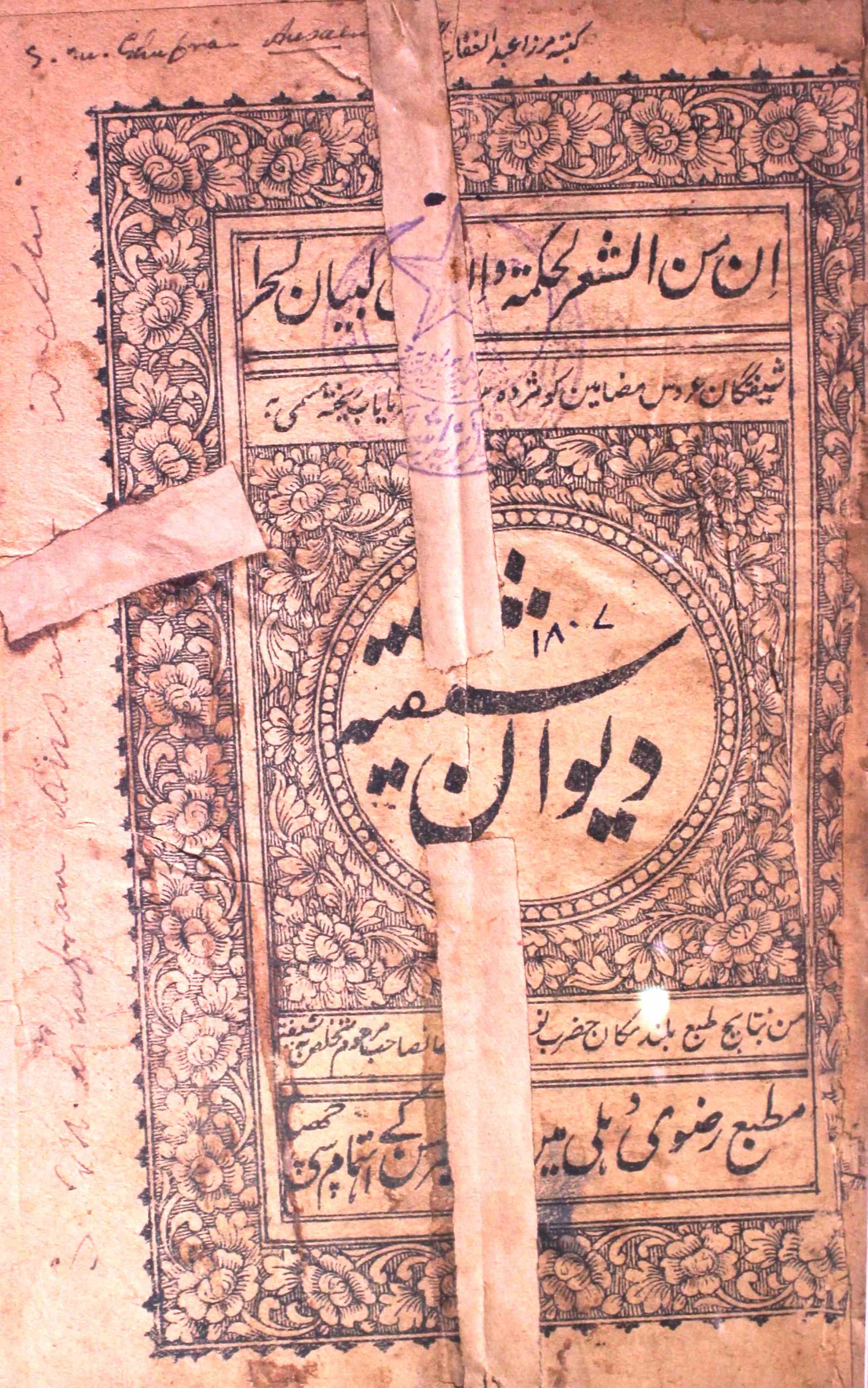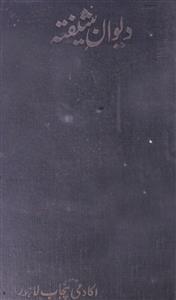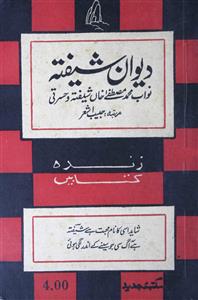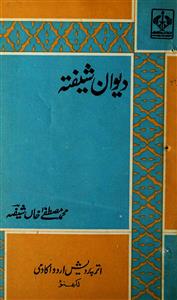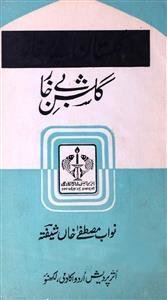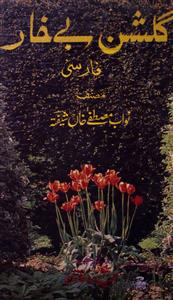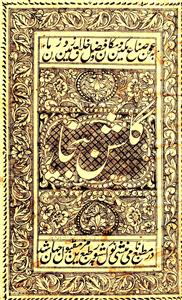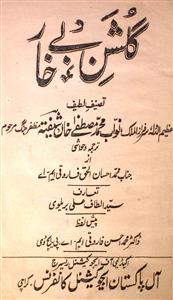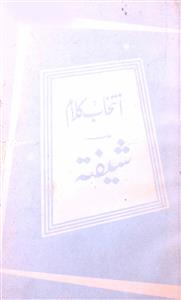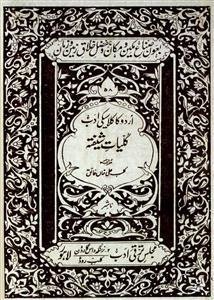 For any query/comment related to this ebook, please contact us at haidar.ali@rekhta.org
For any query/comment related to this ebook, please contact us at haidar.ali@rekhta.org
About The Book
شیفتہ شعر گوئی اور سخن فہمی کا بڑا اعلی مذاق رکھتے تھے۔ گرمی اور لذت کے علاوہ جو ان کے کلام میں خدا داد ہے اس میں وہ شکوہ الفاظ اور چست ترکیب بھی پائی جاتی ہے جو کسی وقت سودا اور نصیر کا حصہ تھی۔ کلام میں بندش الفاظ اور ترکیب روش وار رعایت اسی طرح کی ہے جو غالب اور خاص کر مومن میں پائی جاتی ہے۔ زیر نظر کتاب شیفتہ کا اردو دیوان ہے۔ اس دیوان کو حسرت موہانی نے ایک بسیط دیباچہ کے ساتھ شائع کیا ہے۔ نیز ضمیمہ کے طور پر دیوان کے آخر میں شیفتہ کے فارسی دیوان سے کچھ اہم غزلوں کا انتخاب بھی شامل کردیا ہے۔ تاکہ شیفتہ کی فارسی شاعری کا نمونہ بھی پیش نظر رہے۔ حسرت موہانی کا دیباچہ شیفتہ کی تفہیم میں بے حد معاون ہے۔
About The Author
Mustafa Khan was born in Delhi in 1806. He was the Nawab of Jahangirabad, Bulandshahar. His father was Nawab Murtiza Khan. Jahangirabad estate was purchased by Nawab Mustafa Khan himself. Sheftaa got framed for indirectly helping the rebels during 1857 and was ordered to be imprisoned for seven years. Fortunately, his punishment was cancelled after an appeal but his estate and pension became a casualty. Later after much pleading half his estate was returned. In 1824, he stepped in the field of poetry and started writing poetry in both Urdu and Persian with Sheftaa as a pseudonym for Urdu and Hasrati for Persian. It is said that he consulted Gaalib and Momin in Persian and Urdu poetries respectively. He was a great lover of poetry and convened weekly poetical assemblies at his house. However, he took less interest in poetries after he returned from pilgrimage of the holy places and paid more attention to the religious practices. Much of his poetry was lost during 1857. Urdu and Persian collected works have been published and one ‘Tazkara’ called “ Gulashan-e-Purkhaar’ by him is considered a reliable and authentic source for the literary history of that era.
 For any query/comment related to this ebook, please contact us at haidar.ali@rekhta.org
For any query/comment related to this ebook, please contact us at haidar.ali@rekhta.org
